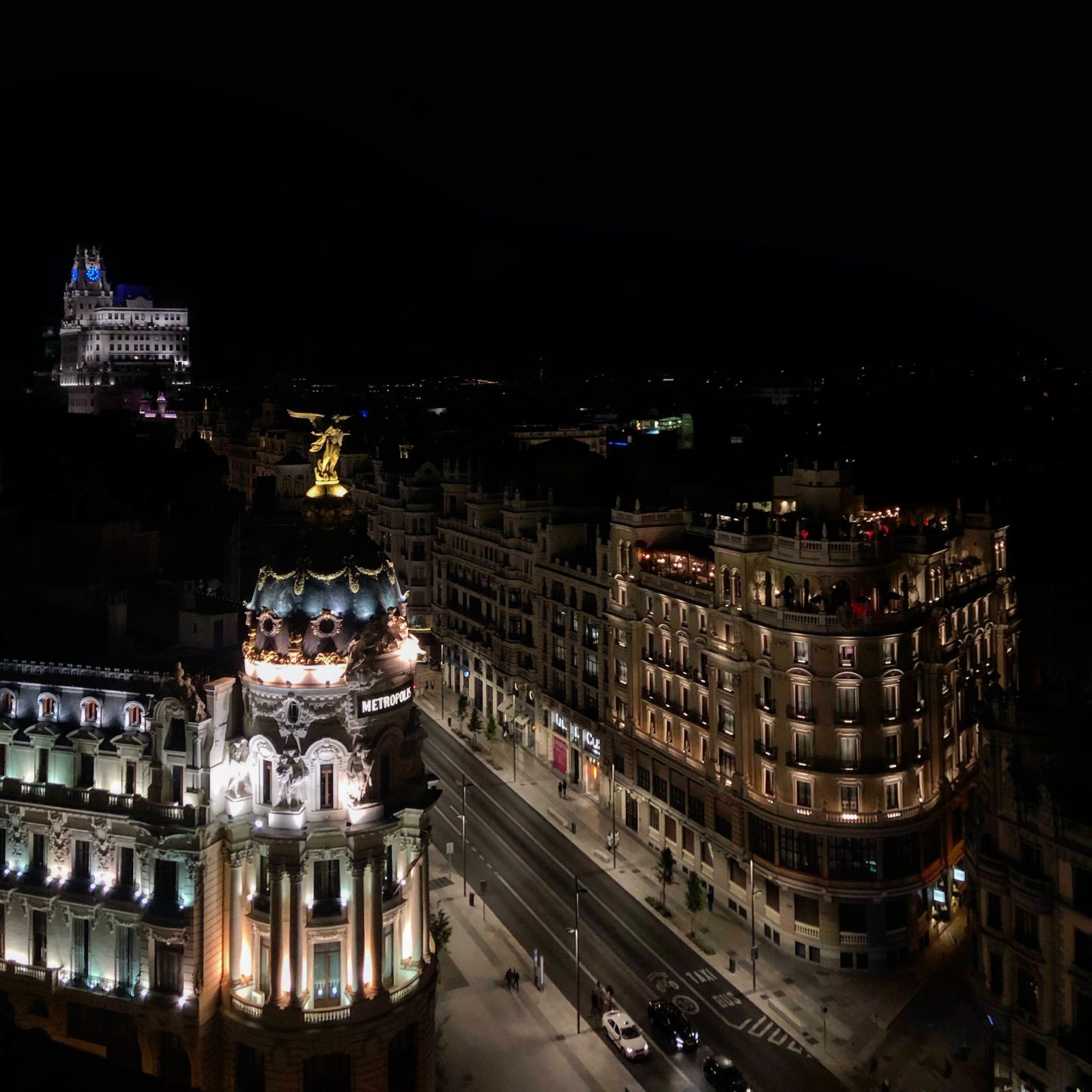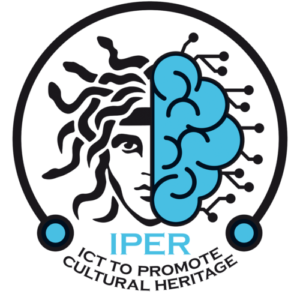Objectives
The project aims to exploit nano-learning methodology, (a Nano Learning program is a tutorial program designed to allow participants to learn a given subject in a 10/15-minutes time-frame through the use of electronic media and without interaction with a face-to-face trainer), in order to update the skills of professionals working in tourism and cultural heritage value chain and to allow them to promote the EU cultural heritage using ICT exploiting the principles of accessible tourism.
The project will be focused on managing cultural sites and gastronomy as two essential components of the cultural heritage. A promotion of this bound will be based on the concept of orange tourism, a new tourism model whose aim is not only to attract tourists, but to let them merge in the cultural and social context of the visit, through different experiences strictly connected to cultural and traditional customs of the visited area (e.g. participation to culinary workshops, fairs, local events, etc.). Orange Tourism presents several positive aspects carrying out a new idea of sustainable tourism, since it fosters a diversification of the tourism offer, an increased relevance of cultural sector as a tool to boost local economy, and the creation of a new tourism model not strictly connected to seasons, promoting tourism flows also during low and medium seasons.
The project will be focused on managing cultural sites and gastronomy as two essential components of the cultural heritage. A promotion of this bound will be based on the concept of orange tourism, a new tourism model whose aim is not only to attract tourists, but to let them merge in the cultural and social context of the visit, through different experiences strictly connected to cultural and traditional customs of the visited area (e.g. participation to culinary workshops, fairs, local events, etc.). Orange Tourism presents several positive aspects carrying out a new idea of sustainable tourism, since it fosters a diversification of the tourism offer, an increased relevance of cultural sector as a tool to boost local economy, and the creation of a new tourism model not strictly connected to seasons, promoting tourism flows also during low and medium seasons.
Through the development of six WPs, the project’s objectives are to:
– Improve skills of the professionals of the sector;
– Create a private-public network to promote cultural heritage;
– Improving accessibility in tourism to attract more tourists;
– Carry out public awareness activities for World Heritage conversation;
– Support participation of the local population in the preservation of their cultural and natural heritage;
– Encourage international cooperation in the conservation of our world’s cultural and natural heritage.

